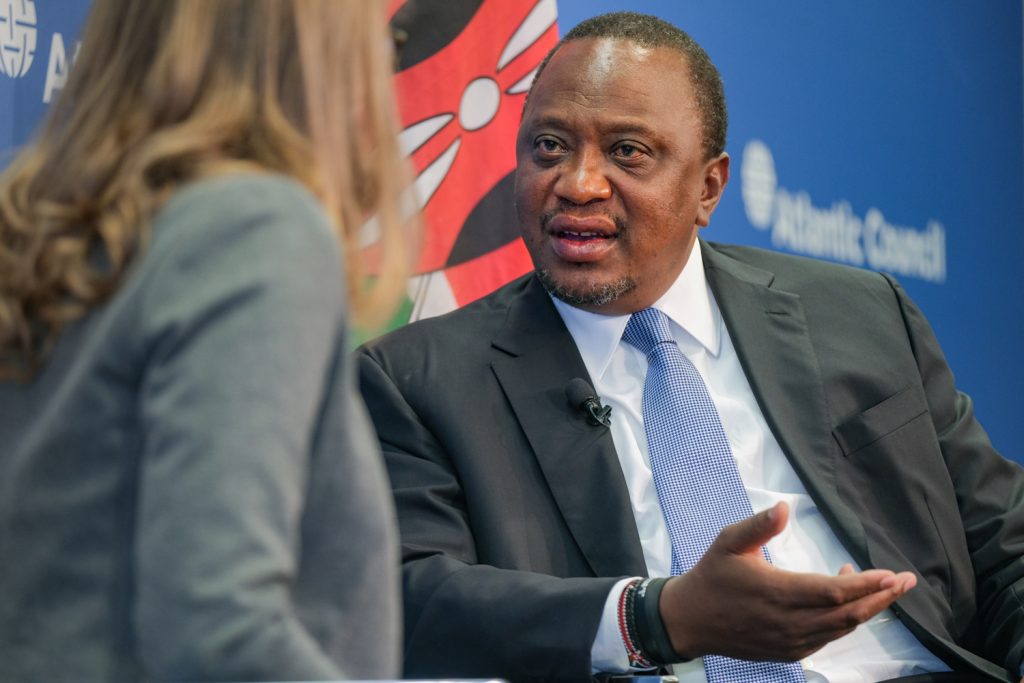
The United Kingdom and Kenya will co-host a high-level summit next year to lead global action to educate every child, the Prime Minister Boris Johnson and President Uhuru Kenyatta announce on Monday 12 October.
Coronavirus has worsened the global education crisis, with 1.3 billion children – including 650 million girls – out of education at the peak of school closures. Experts warn that many children will never return, particularly as countries experience an economic contraction in the wake of the pandemic.
Missing out on education does long term damage to individuals and communities, with girls particularly at risk. The benefits of schooling are transformative and multi-generational – a child whose mother can read is 50% more likely to live past the age of five and twice as likely to attend school themselves. With just one additional school year, a woman’s earnings can increase by a fifth.
Prime Minister Boris Johnson has championed girls education as the key to preventing exploitation and unlocking potential around the world, and the UK is the top donor to the Global Partnership for Education (GPE). Next year’s summit will raise funds for GPE’s vital work in developing countries helping to get children into school, lift communities out of poverty and prevent girls being forced into child marriage.
UK Prime Minister Boris Johnson said:
“Since coronavirus struck, the number of children out of school around the world soared past 1.3 billion. It is a toll of wasted potential and missed opportunity that is a tragedy not just for those children, but for each and every one of us.
“Education unlocks doors to opportunity and prosperity. It offers girls a ticket out of poverty and exploitation to chart their own futures.
“That’s why I am delighted that the UK will co-host the replenishment of the Global Partnership for Education in 2021. I urge the global community to come together, dig deep and ensure we fund their vital work to give every child the chance at an education.”

The Government of Kenya has made education a central part of their strategy to become a newly industrialised nation by 2030. A GPE partner since 2005, Kenya has made impressive gains, achieving universal primary education and breaking down gender barriers to get as many girls as boys enrolling in school.
Uhuru Kenyatta, President of Kenya said that an educated population is a country’s most valuable resource. GPE has been a key partner in helping us invest in innovative solutions to get all our children, especially girls, learning.
“We must use the opportunity of GPE’s financing conference to make ambitious pledges to invest in quality education so our children and young people have the skills and knowledge they need to seize the opportunities of the 21st century.”
Even before the pandemic, 9 in 10 school children in low income countries were unable to read proficiently by the age of 10. Since its creation in 2002, GPE has already contributed to getting 160 million more children in school and doubling girls’ enrollment in the countries they work in, and is today announcing a $5 billion funding target for next five years. It is calling on governments, businesses and individuals to invest in children’s futures.
This funding will help ensure that 175 million children can learn in 87 lower-income countries. In the longer term, this investment could add $164 billion to economies in the developing world, lift 18 million people out of poverty, and protect two million girls from early marriage.
Julia Gillard, former Prime Minister of Australia and GPE Board Chair said that An investment in GPE is an investment in the world’s most powerful asset – its children and youth. By refinancing GPE, leaders can send a clear message that the world is serious about creating a brighter future for all girls and boys through education.
“Today, we’re launching our most ambitious and urgent campaign yet. We must seize this opportunity to make sure that no child is left behind. Our message to world leaders is simple: Raise your hand. Fund education.” He said adding that the summit will take place in the UK in mid-2021 and will convene key global players and decision makers, with the aim of getting all children into school and learning.
